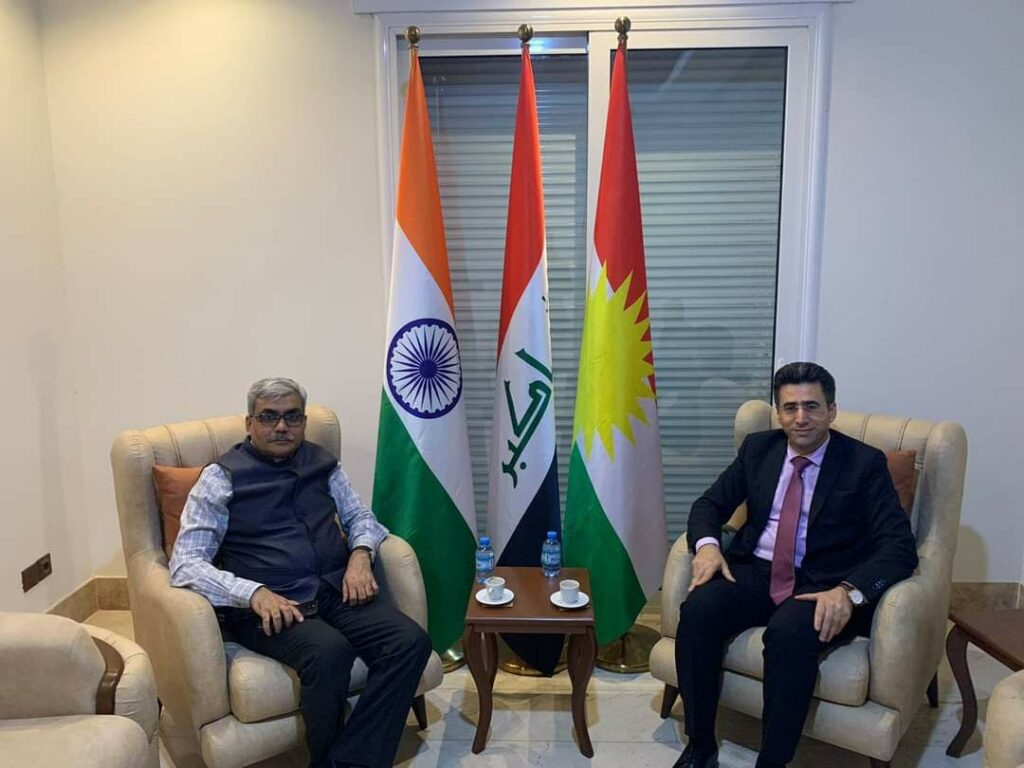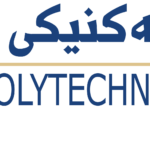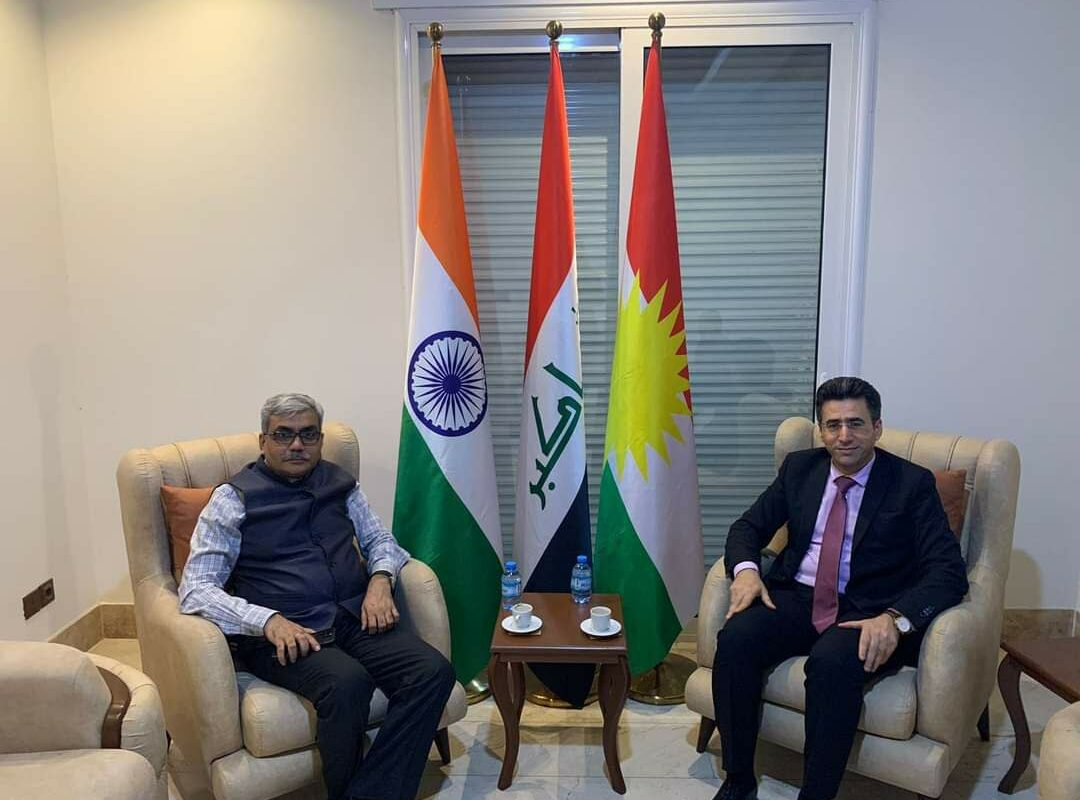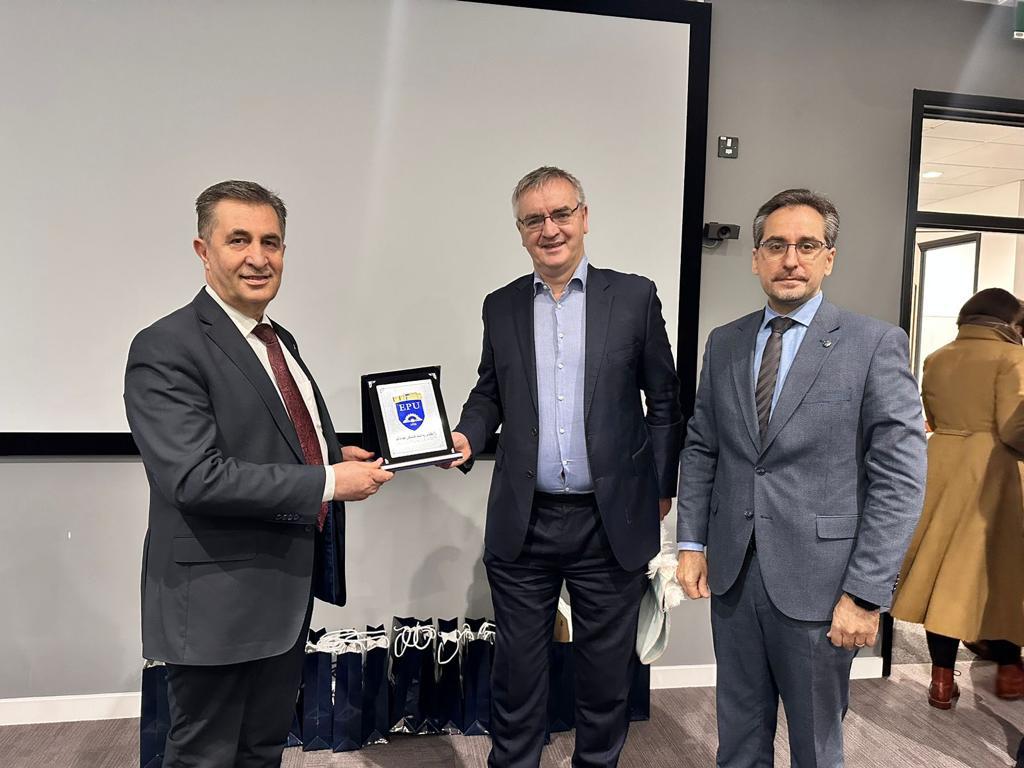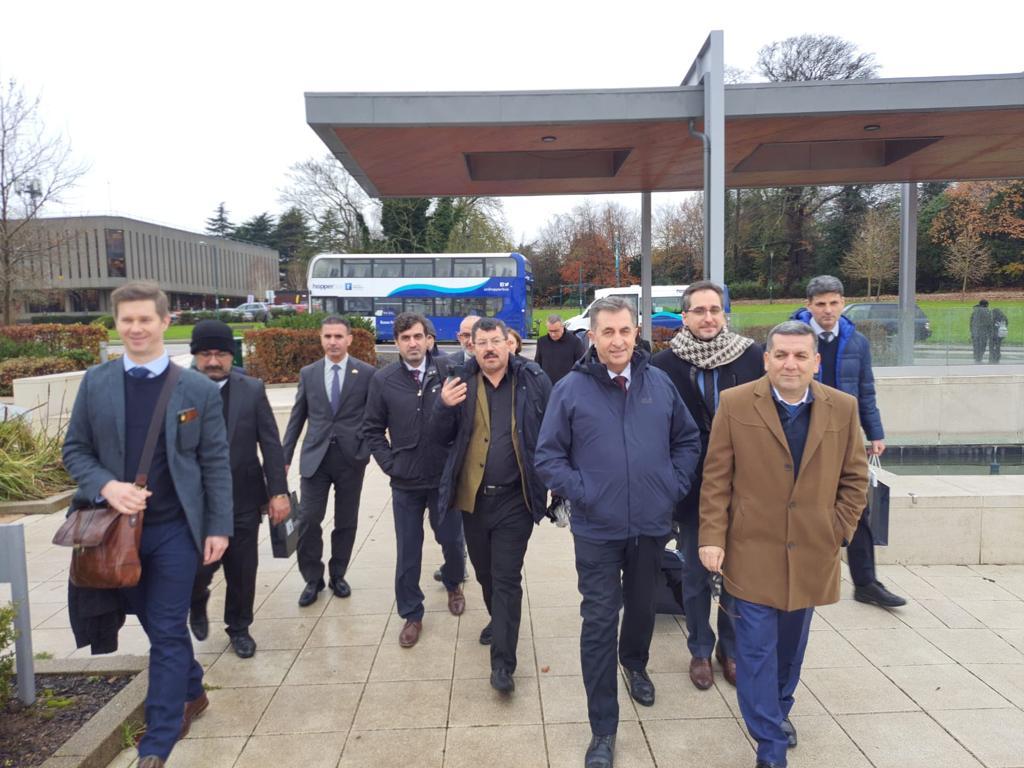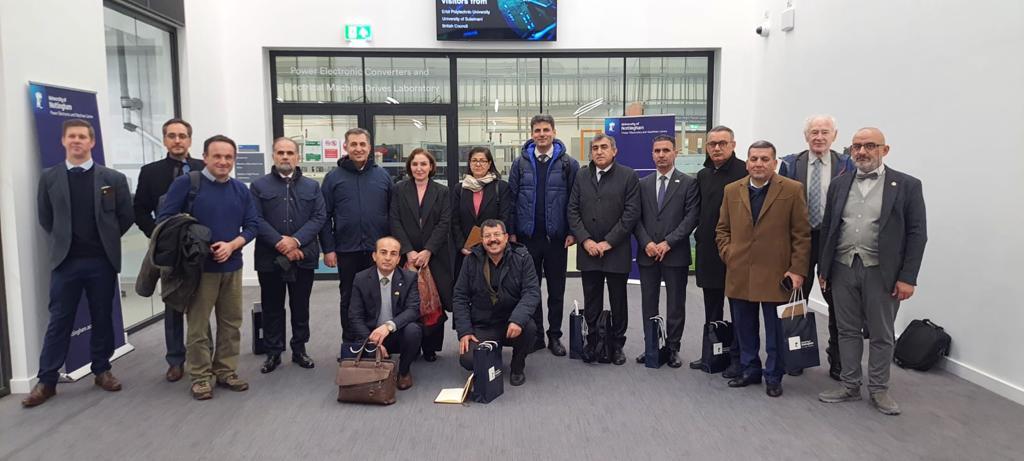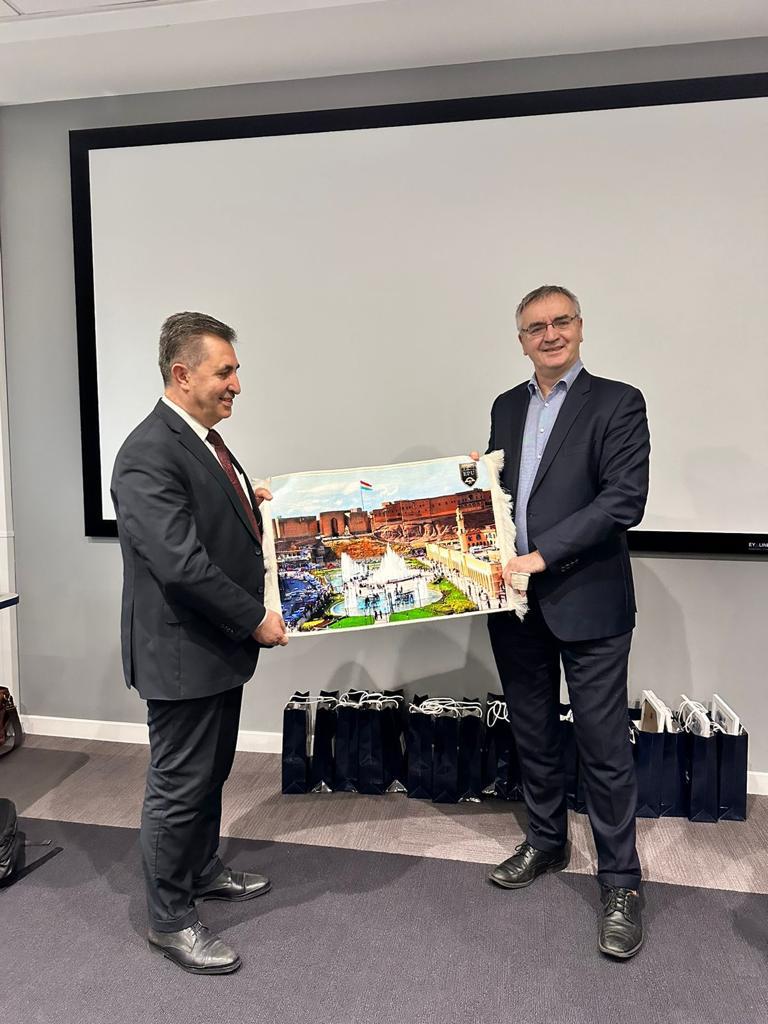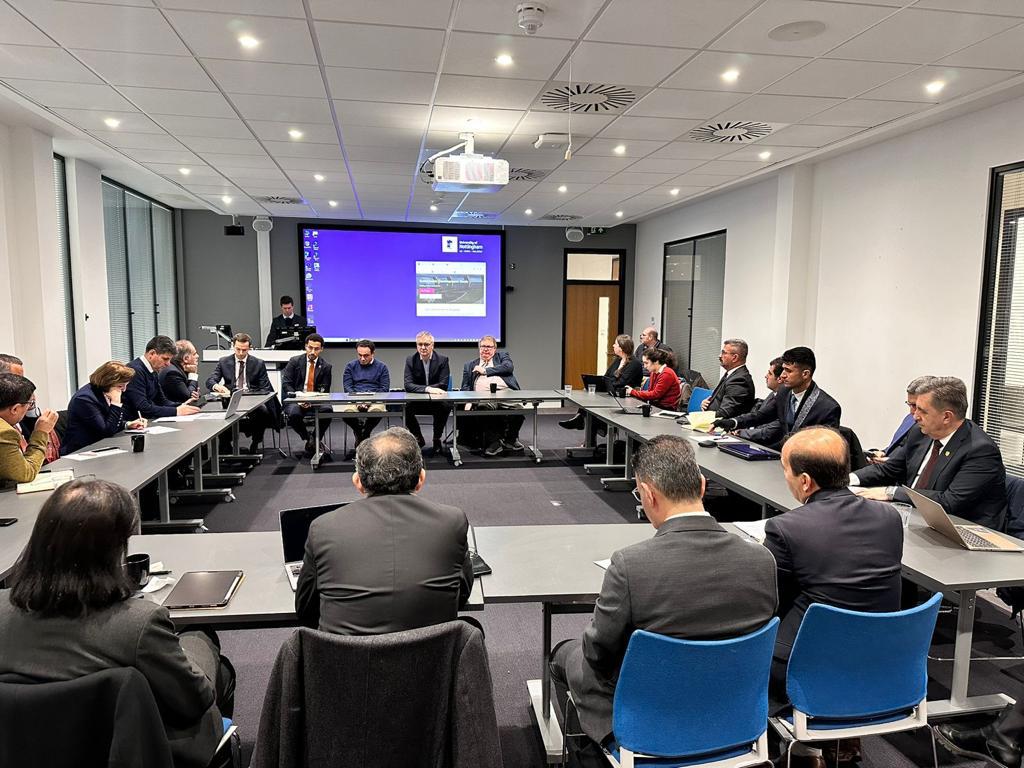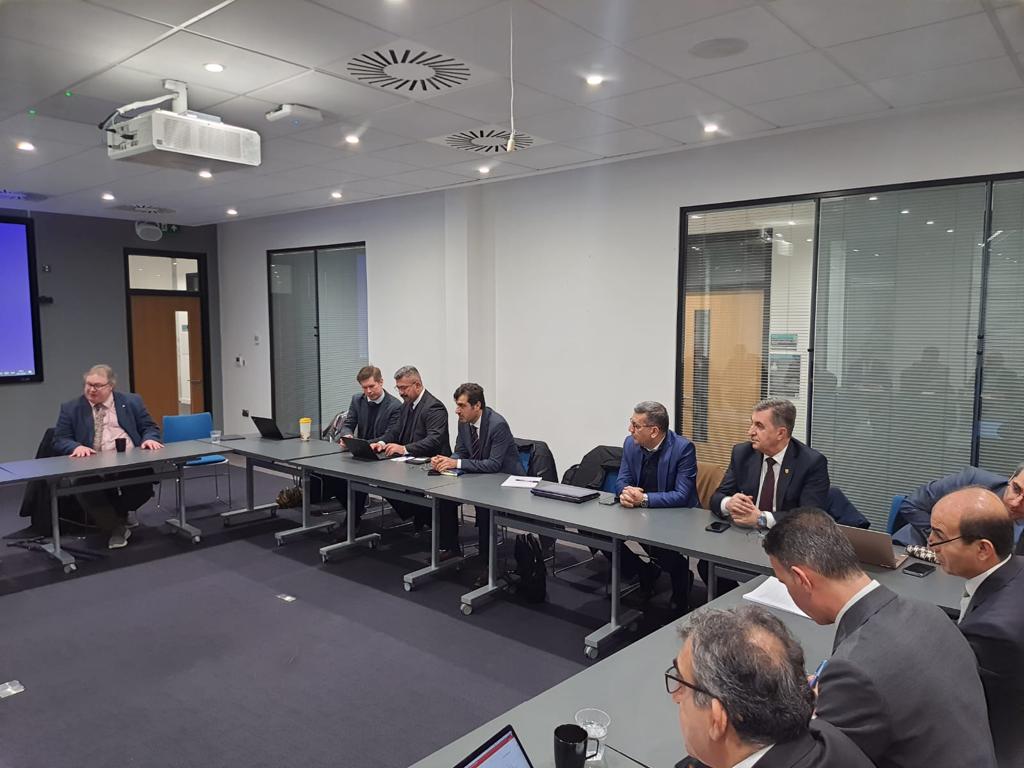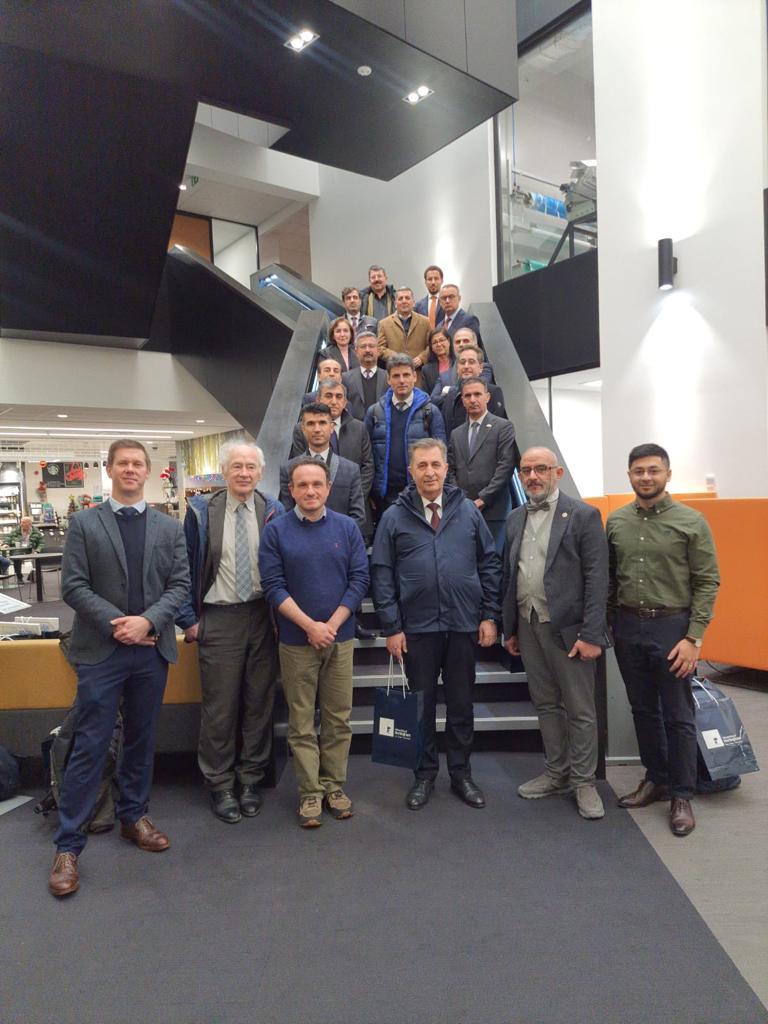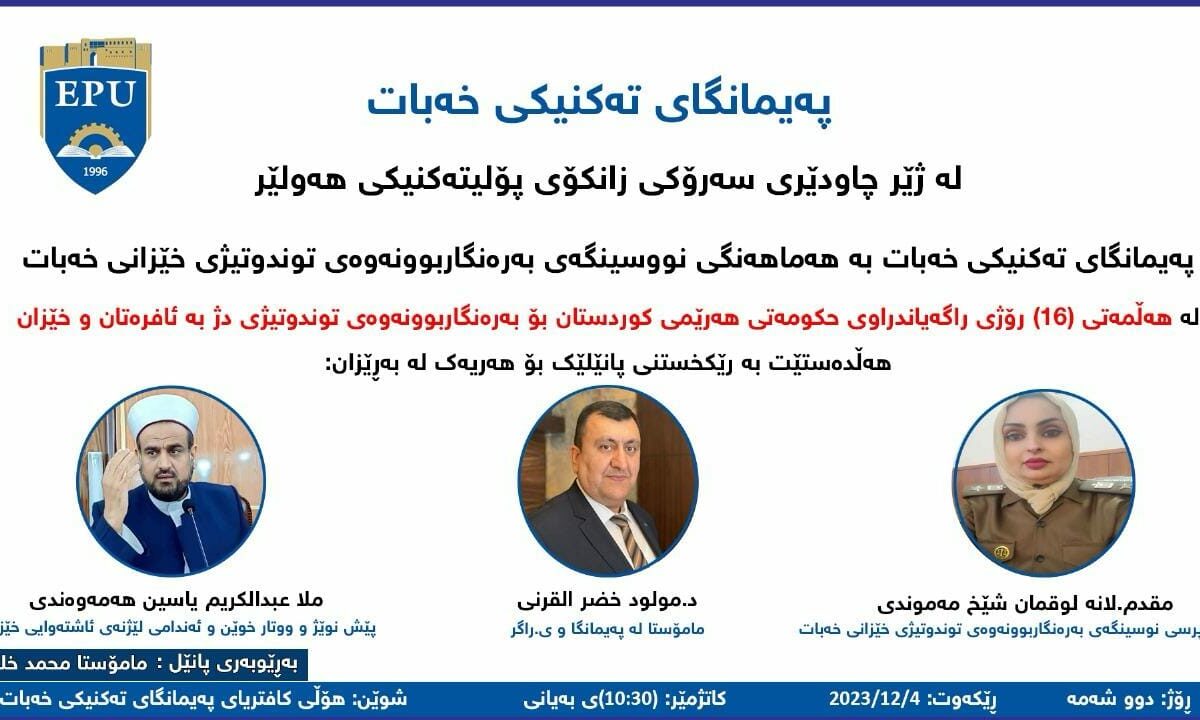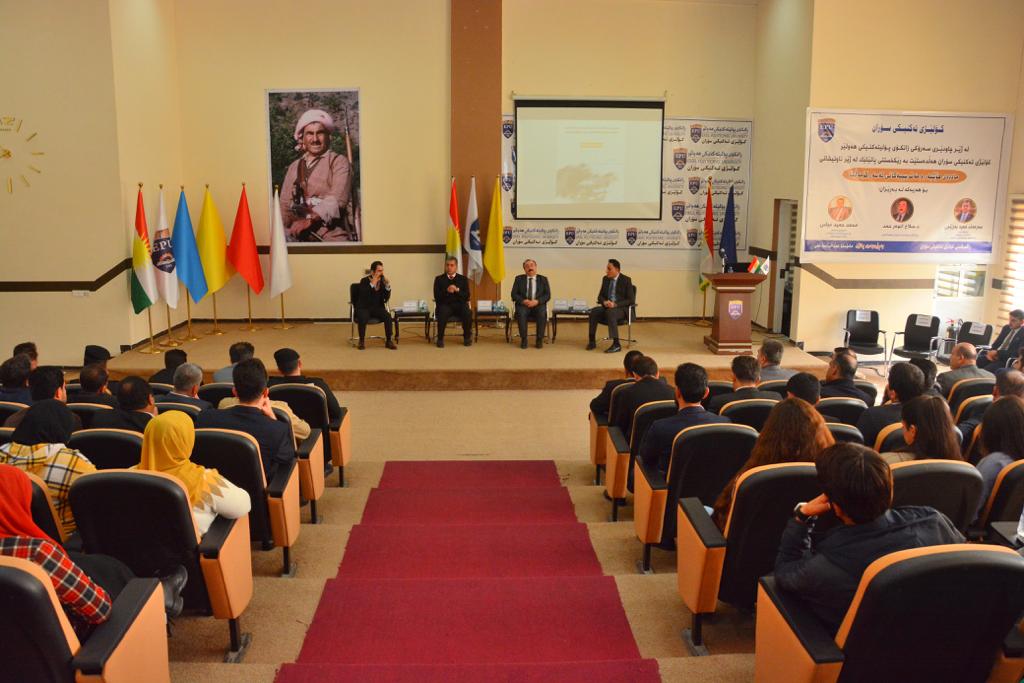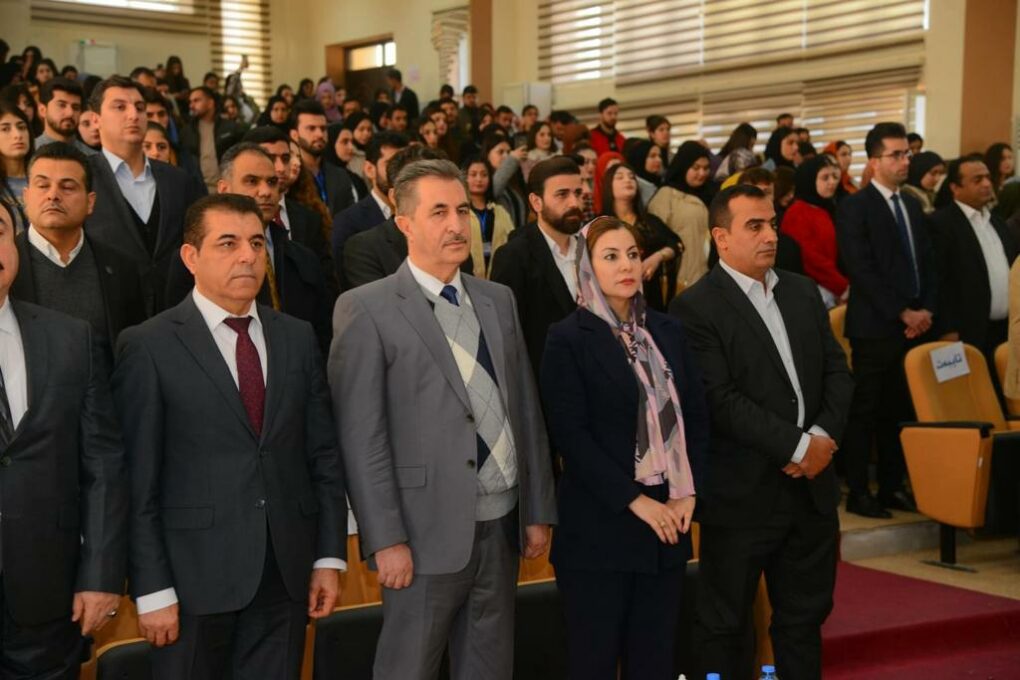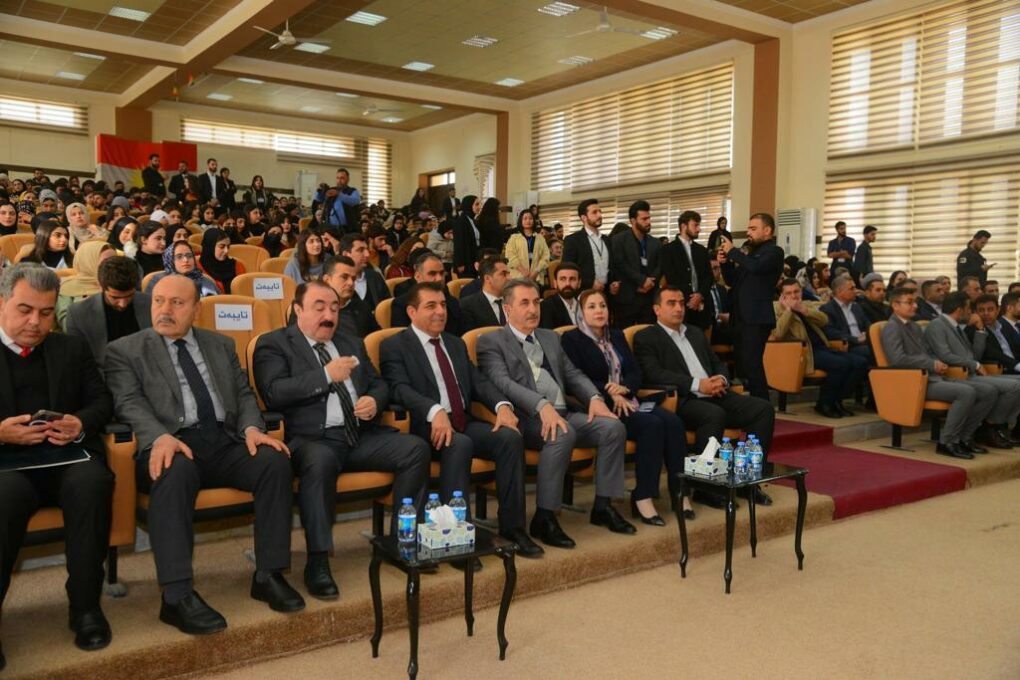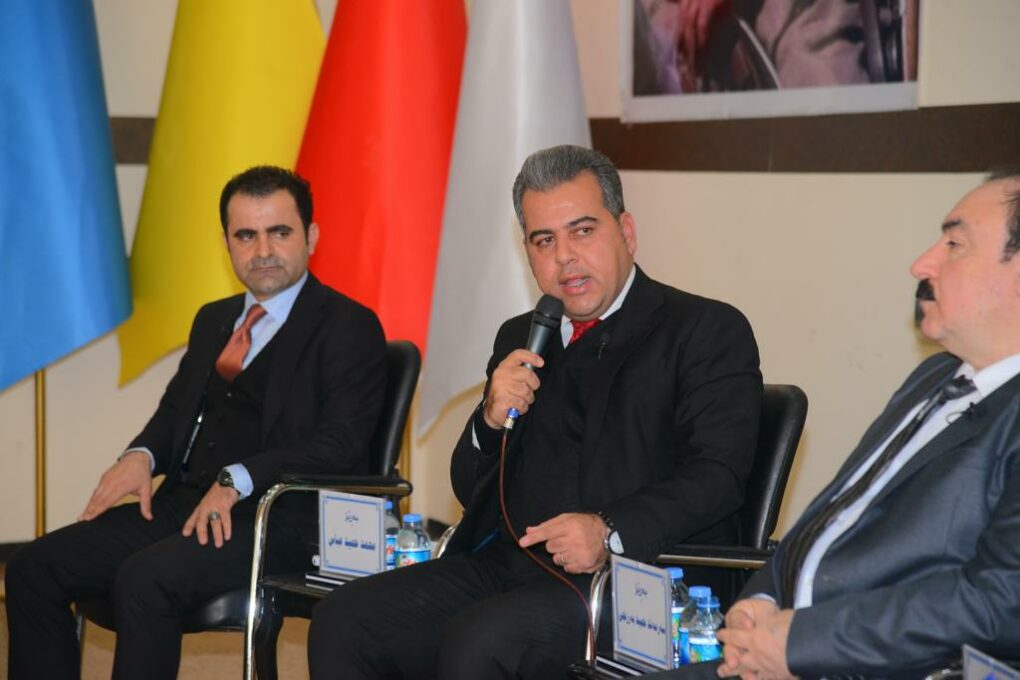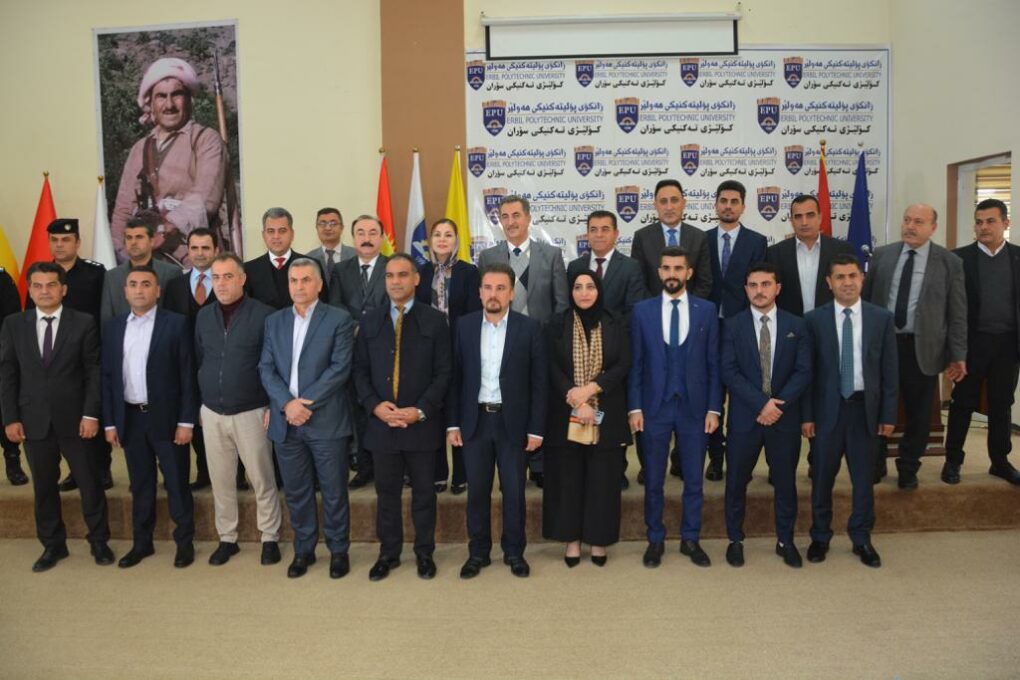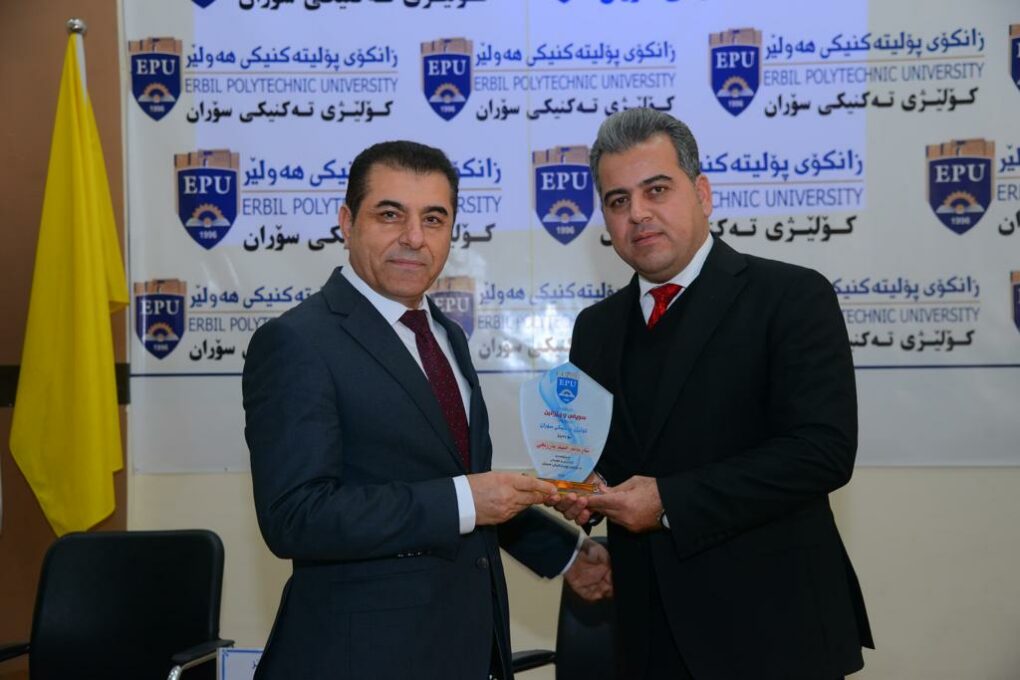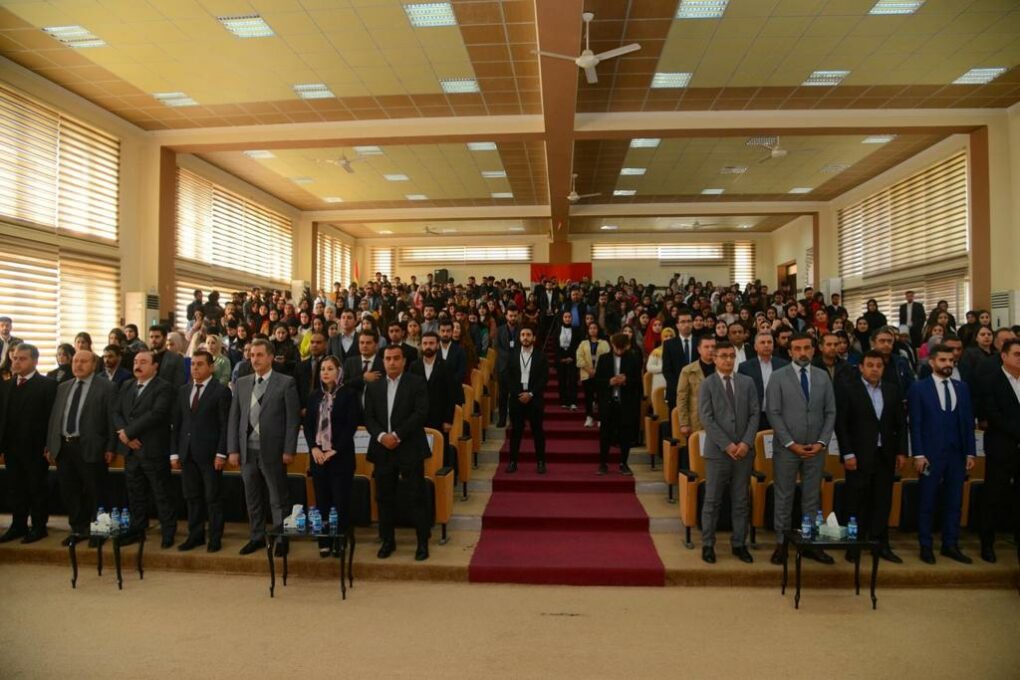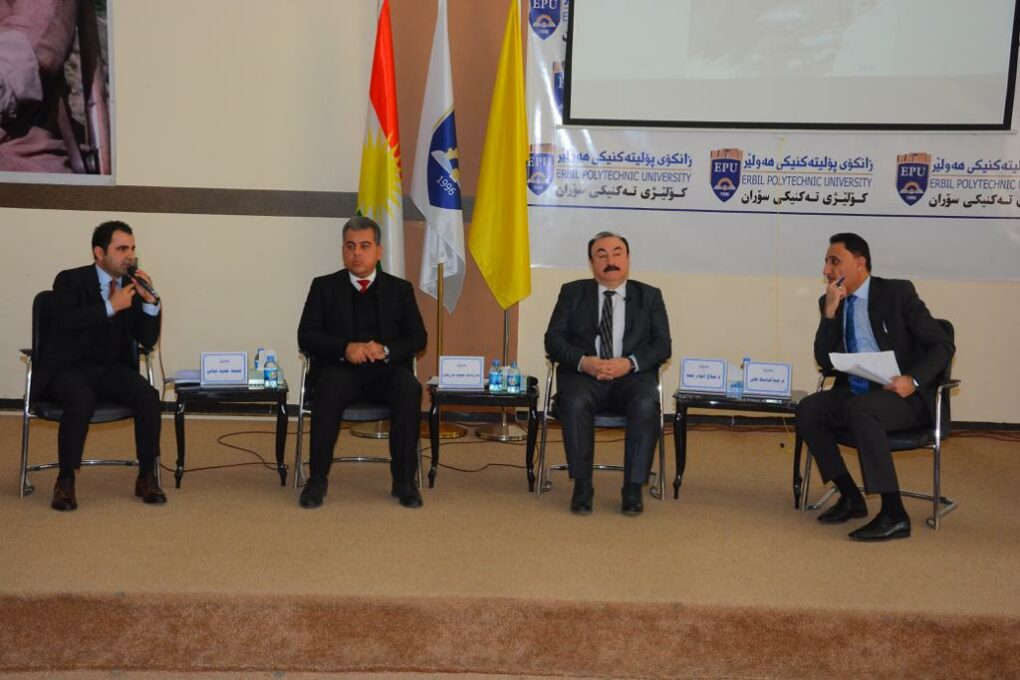Dean of Mergaor Technical Institute visits the Indian Consulate in Erbil
On Monday, December 4, 2023, Dr. Talib Mohammed Sharif Omer, Dean of Mergasur Technical Institute visited the Indian Consulate in Erbil and was received by Mr. Madan Gopal, Consul General of India.
In the meeting, they discussed the relations between Mergasor Technical Institute and universities and colleges of India that Mr. Omer had visited.
Another topic of the meeting addressed is the opening an Indian corner in the institute library called India Library Corner which contains a significant number of important resources in the fields of medicine, nursing, agriculture, herbal medicine, beekeeping, administration, technolgy and English.
From their side, the new Indian Consul General in Erbil promised to continue their relations with the institute and further develop it and are ready for any assistance in the academic and scientific fields.
